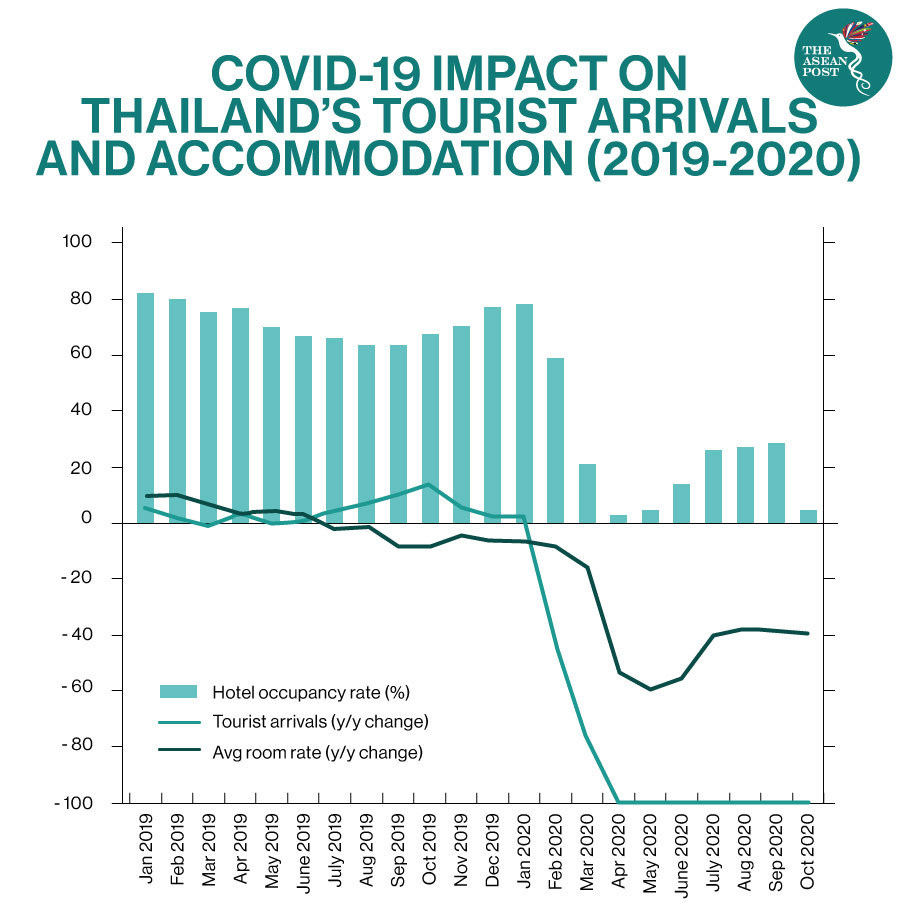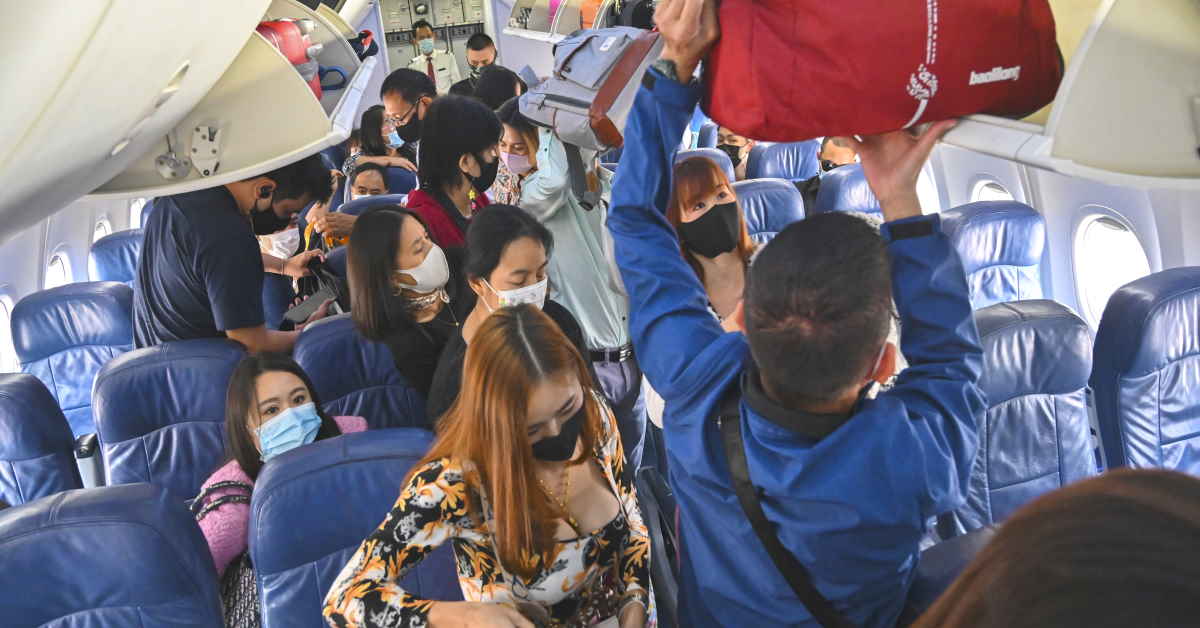On 19 February, the International Monetary Fund (IMF) released a paper titled, “Tourism in the Post-Pandemic World: Economic Challenges and Opportunities for Asia-Pacific and the Western Hemisphere”. It is an in-depth analysis focused on the economic challenges and opportunities for the sector in the Asia Pacific region, Latin America, and Caribbean countries.
Thailand features prominently in this ground-breaking paper given that, before the COVID-19 pandemic hit the kingdom, its tourism sector comprised 12 percent of the country’s gross domestic product (GDP), making this Southeast Asian nation the world’s ninth largest recipient of tourist arrivals and the fourth largest in terms of expenditure by overseas visitors.
The IMF study highlights how small and medium-sized enterprises (SMEs) account for more than 90 percent of firms in the Thai hospitality sector. And given their small size and constrained access to finance compared to large multinationals, “these companies have fewer resilience and diversification options to deal with shocks.”
In order to help the sector to revive following its lockdown-induced collapse, the Washington DC-based institution commends the Thai government’s efforts to spur domestic tourism by allocating US$700 million to subsidise travel for healthcare workers and to finance transportation costs for long distance domestic trips, among other measures.
However, the IMF does not seem convinced of the overall value of these initiatives, since “the domestic tourism market has generally been small by both, trip size and value” in the country.
It is estimated that a fifth of workers in the Thai hospitality sector come from lower-wage neighbouring countries, mainly Cambodia, Lao PDR and Myanmar. Therefore, the report notes, given the high rate of informality of migrant workers, particularly women, they are unlikely to have access to this type of safety nets if they were to fall ill or lose employment.
An ‘A’ For Effort
The study also illustrates how Bangkok has been agile in reacting, amid pandemic limitations, with policy responses designed to kick-start its all-important tourism sector.
The IMF points out how last summer’s international travel bubbles with Australia and Vietnam had to be postponed following a second wave of breakouts in these countries – something beyond Bangkok’s control. Yet the Fund cautions that, for similar policies to be successful, travel insurance policies need to be strengthened.

Another measure highlighted, presumably aimed at showcasing practices that could be replicated by other countries, is Thailand’s Special Tourist Visa (STV). Introduced in October 2020, and mainly targeting Chinese travellers, the scheme was expanded to every country in early December.
Thailand is now considering waiving the current two-week mandatory quarantine, or cutting it to just three days, for vaccinated international visitors.
The IMF credits Thailand with having a constructive and sustainable post-COVID-19 vision for its tourism sector.
“Development plans embed a shift from mass tourism to a more niche and higher value-added tourism to move up the value chain and to reduce the carbon footprint and the damage to natural resources,” the report stated.
As many would agree, promoting social distancing is essential to restoring confidence among travellers. In this regard, the paper’s authors applaud the country’s private sector for exploring technological innovations like hotel check-ins, temperature monitoring and digitally self-guided tourism.
The Healthcare Factor
Thailand enjoys most of the resources needed to “accommodate new travel habits and protocols with high quality healthcare systems, which can cater to visitors in need of medical assistance and thereby partly mitigate health concerns.”
The IMF also stresses how Thailand is well-placed to develop its health tourism potential – before the pandemic, the country ranked 4th globally in medical and wellness tourism.
Assuming that widespread vaccination can contain the pandemic globally, the IMF shows a degree of confidence in the capacity of the Thai tourism industry to recover. “The sector has also proved resilient in the past, weathering episodes of political unrest and natural disasters. It is also supported by longstanding accommodative visa policies, a well-connected airport hub, and strong strategic oversight through the Tourism Authority of Thailand.”
And even if the challenges prove too overwhelming to fully resurrect the sector, the paper argues, Thailand is an example of a tourism-reliant economy where existing production capacity and know-how provide many options to diversify its economy, notably in the areas of equipment as well as industrial and electrical machinery.
As the IMF notes, many “tourism-dependent countries have a relatively low level of export complexity that affects their options for new products development,” if their tourism industries don’t recover. But this does not seem to be the case for Thailand.
Related Articles:

